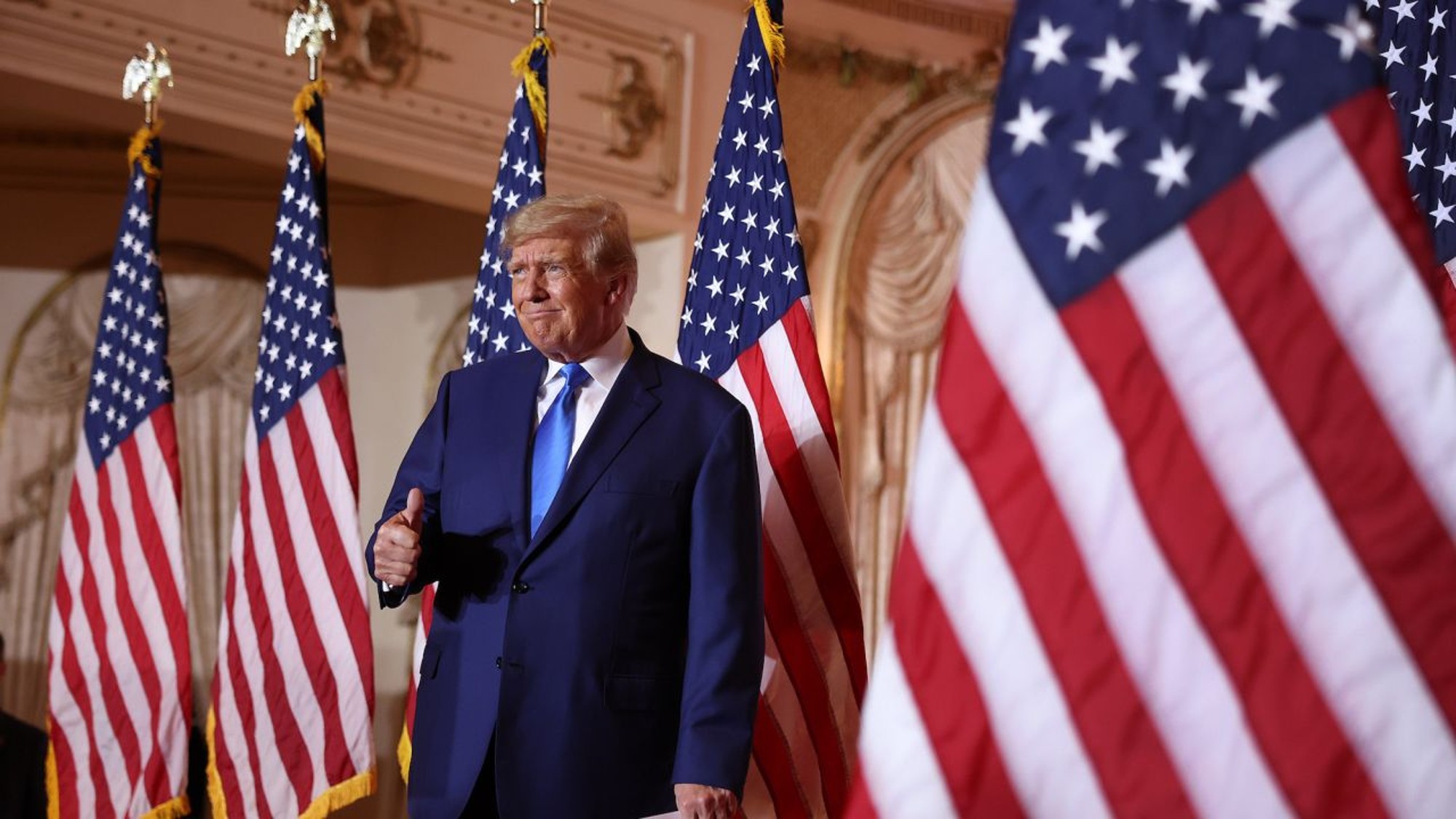The International Monetary Fund (IMF), in its analysis of projections for 2023, reveals that 143 governments will cut their public spending, which will affect 6.7 billion people, 85% of the world’s population. Many governments began the cuts from 2021 and others will continue to do so until 2025. These are average reductions of 3.5% of the countries’ GDP.
This austerity policy adds to other calamities: Covid-19 does not go away, the tragic and deplorable Russian invasion of Ukraine continues, the uncertain energy market, inflation affecting businesses and consumers, the high debt of debtor countries, climate change that is advancing showing its predatory effects. And no less serious is the political instability in many countries.
Paradoxically, the poorest countries are the ones making the biggest budget cuts. Guyana, Liberia, Libya, Sudan, Suriname and Yemen stand out to cite just a few examples. The measures they are implementing plunge them further into underdevelopment because they are reducing social protection, affecting vulnerable sectors, the elderly, the disabled, creating bureaucratic unemployment, particularly teachers and health personnel. Also the privatization of transport, water and energy services, reduction of education expenses. In other words, a return to dark times.
The austerity of government spending due to its easy implementation is a widely used policy, but it has a very high social and political cost, since social services that are precarious will be even more so.
Education, health, transportation, social security and employment deteriorate and open the door to populism that only promises solutions but does not deliver.
There are alternatives to austerity. But as the famous English economist John Maynard Keynes said: “The difficult thing is not to develop new ideas but to escape from the old ones.” Regardless of measures such as debt restructuring, reallocation of public spending, drawing on foreign exchange reserves, and new allocations of IMF special drawing rights, what is needed are global political decisions so that international institutions, such as the IMF and the World Bank assume greater support for countries with more flexible rules and greater resources to become world development banks.
Lawrence Summers, who was the US Treasury Secretary and is now dean of Harvard University, where he is also a university professor, says: “The World Bank should be an important vehicle for crisis response, post-disaster reconstruction, conflicts and, most importantly, to support the enormous needs for healthy and sustainable global development.
Experience teaches that we should not leave the future to chance, because it produces unpredictable results.
Education, health, transportation, social security and employment deteriorate and open the door to populism that only promises solutions but does not deliver.
smota@eleconomista.mx
hartford car insurance shop car insurance best car insurance quotes best online car insurance get auto insurance quotes auto insurance quotes most affordable car insurance car insurance providers car insurance best deals best insurance quotes get car insurance online best comprehensive car insurance best cheap auto insurance auto policy switching car insurance car insurance quotes auto insurance best affordable car insurance online auto insurance quotes az auto insurance commercial auto insurance instant car insurance buy car insurance online best auto insurance companies best car insurance policy best auto insurance vehicle insurance quotes aaa insurance quote auto and home insurance quotes car insurance search best and cheapest car insurance best price car insurance best vehicle insurance aaa car insurance quote find cheap car insurance new car insurance quote auto insurance companies get car insurance quotes best cheap car insurance car insurance policy online new car insurance policy get car insurance car insurance company best cheap insurance car insurance online quote car insurance finder comprehensive insurance quote car insurance quotes near me get insurance




